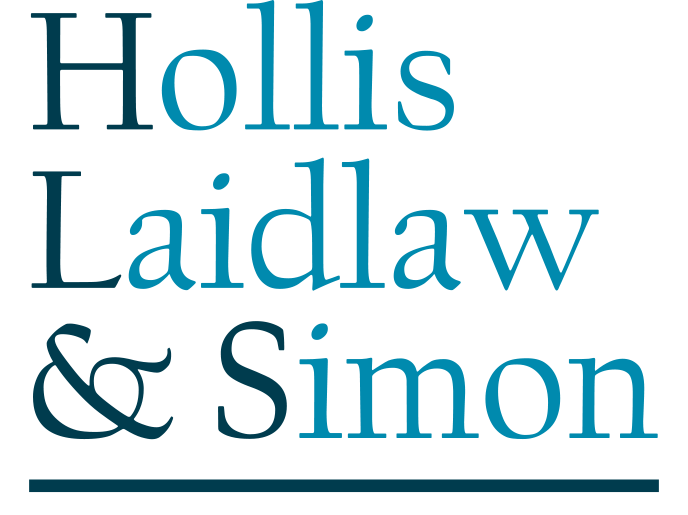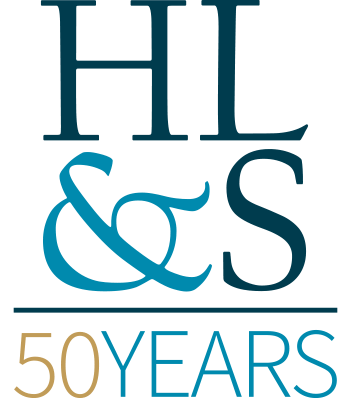As they grow older, many individuals in New York look towards Medicaid to provide vital long term care services such as personal care services (i.e., homecare) or nursing home care. Currently, in order for an individual over the age of 65 to qualify for Medicaid in New York, that individual must have less than the applicable resource limit ($16,800 for a single individual in 2022). In addition to being under the resource limit, an individual must also be under the income limit or, for individuals seeking home care services, shelter their excess income in a pooled income trust. As a result, many individuals proactively create Medicaid Assets Protection Trusts to plan for long term care and attempt to protect the assets that they have worked their entire lives to build. These trusts often end up owning an individual’s home or brokerage account, or sometimes a life insurance policy or an annuity product.
But what about those individuals or families who have worked their entire lives to build a business and have some ownership interest in a business? This could be anything from your neighborhood pizzeria and ice cream shop to a landscaping business or even a law firm. Can the local Department of Social Services treat these business interests as an available resource or as an available source of income?
The answer is not necessarily simple. The applicable Medicaid guidelines and rules seem to account for some common scenarios. On Page 351 of the Medicaid Reference Guide, it states: “[w]hen determining eligibility for an SSI-related [applicant], business property and all cash reserves necessary for the operation of the business are exempt. Liquid business resources must be held in a separate business account and cannot be commingled with personal funds.” Page 113 states: “[a]fter allowable business expenses have been deducted, the remaining income is considered available earned income of the [applicant].”
This means that it would be up to the Medicaid caseworker to determine whether or not business property and cash reserves are necessary for the operation of the business as well as how much income would be treated as available to the applicant from the business.
However, if the Medicaid applicant had taken some legal steps ahead of time, the business property may not be subject to such an inquiry. Each business interest owned by a future potential Medicaid applicant should be analyzed to see how the business is structured, how much the equity is worth, how much income the applicant may be receiving from the business, and whether the business interest can be transferred to a Medicaid Asset Protection Trust.
Should you or your loved one have any questions about planning for long term care or how your business interest will be treated, please contact the elder law team at Laidlaw & Simon to schedule a consultation.













